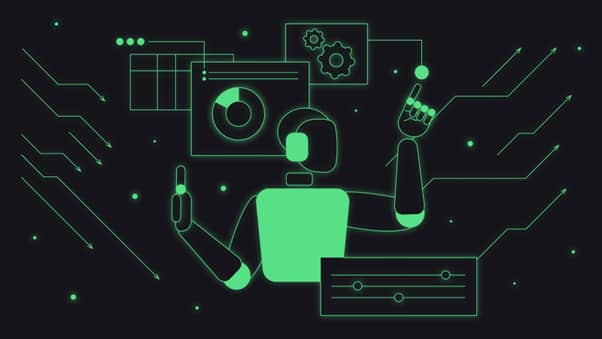As artificial intelligence (AI) becomes more integral to business strategies, developers are increasingly confronted with a number of challenges. These include scaling AI models efficiently, ensuring compliance with data security regulations, and minimizing the environmental impact of AI infrastructure. Let’s explore these issues and how they can be addressed.
One of the primary challenges developers face is the difficulty in scaling AI models. As businesses demand more robust AI solutions, traditional platforms often struggle to provide the flexibility and speed needed for fast deployment. Many existing systems are proprietary and rigid, leaving developers with limited options for customizing models to fit their unique needs. This can lead to increased costs and longer deployment times, both of which hinder the pace of innovation.
To overcome this, developers need a platform that provides flexibility, ease of deployment, and the ability to scale rapidly without getting bogged down in proprietary restrictions. Regolo.ai, for example, offers an open-source platform that enables developers to create and scale AI models quickly. The flexibility of the platform allows developers to customize their models as needed, speeding up deployment and reducing costs, all while avoiding the limitations of closed ecosystems.

Source: Regolo.ai
Another significant hurdle is ensuring data security and compliance, especially in regions with strict regulations like the European Union. With increasing concerns around privacy, developers must ensure that their AI solutions are secure and compliant with the relevant laws. Unfortunately, many traditional AI platforms either don’t offer the necessary tools for compliance or require complex integration to meet privacy standards.
A platform like Regolo.ai addresses this issue by being fully compliant with EU regulations. Developers using the platform can be confident that their AI applications will adhere to stringent privacy standards, protecting sensitive data while still providing the freedom to innovate. Its open-source nature also ensures transparency, making it easier to audit and verify the security of the platform.
Lastly, there’s the growing concern over the environmental impact of running AI systems. Traditional AI infrastructure often relies on non-renewable energy sources, contributing to carbon emissions and making AI development less sustainable. As more businesses prioritize sustainability, the demand for green AI solutions is rising.

Source: Regolo.ai
Regolo.ai tackles this problem by operating entirely on renewable energy, significantly reducing its carbon footprint. In addition, its token/WATT monitoring system allows developers to track and optimize their energy usage, ensuring that AI applications are not only efficient but also environmentally responsible. This makes Regolo.ai a go-to platform for businesses looking to align their AI development with sustainability goals.
By addressing the challenges of scaling, compliance, and environmental impact, Regolo.ai provides a comprehensive solution for developers seeking to build fast, secure, and sustainable AI applications. Its open-source infrastructure, commitment to renewable energy, and strong focus on security and privacy offer a modern, forward-thinking approach to AI development that aligns with the needs of the industry today.
Get real time update about this post category directly on your device, subscribe now.






Leave a Comment